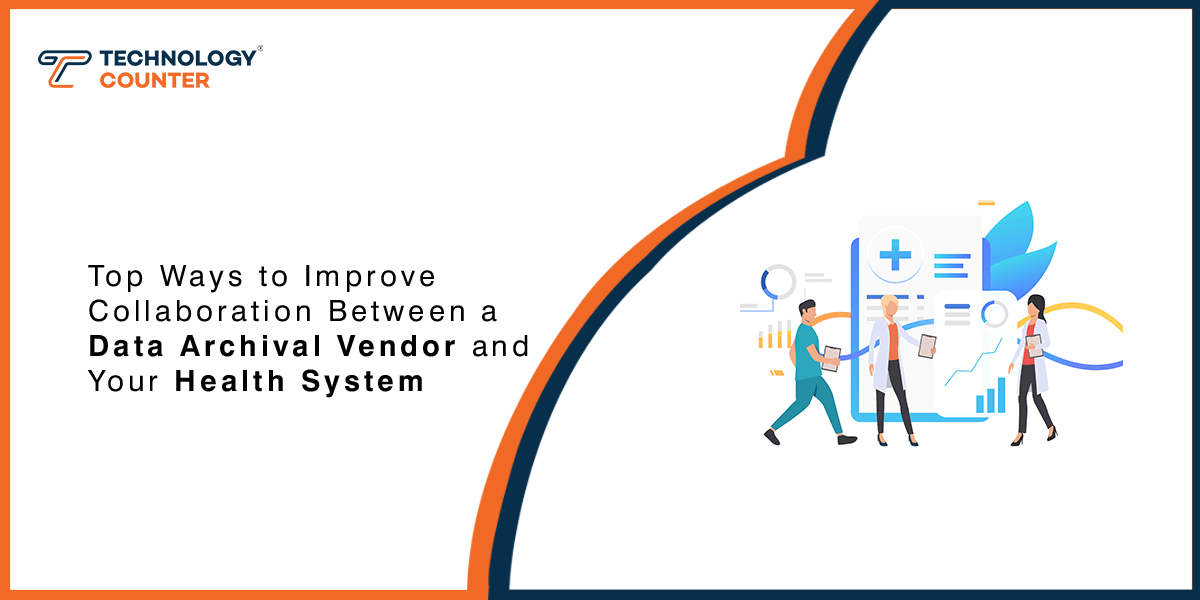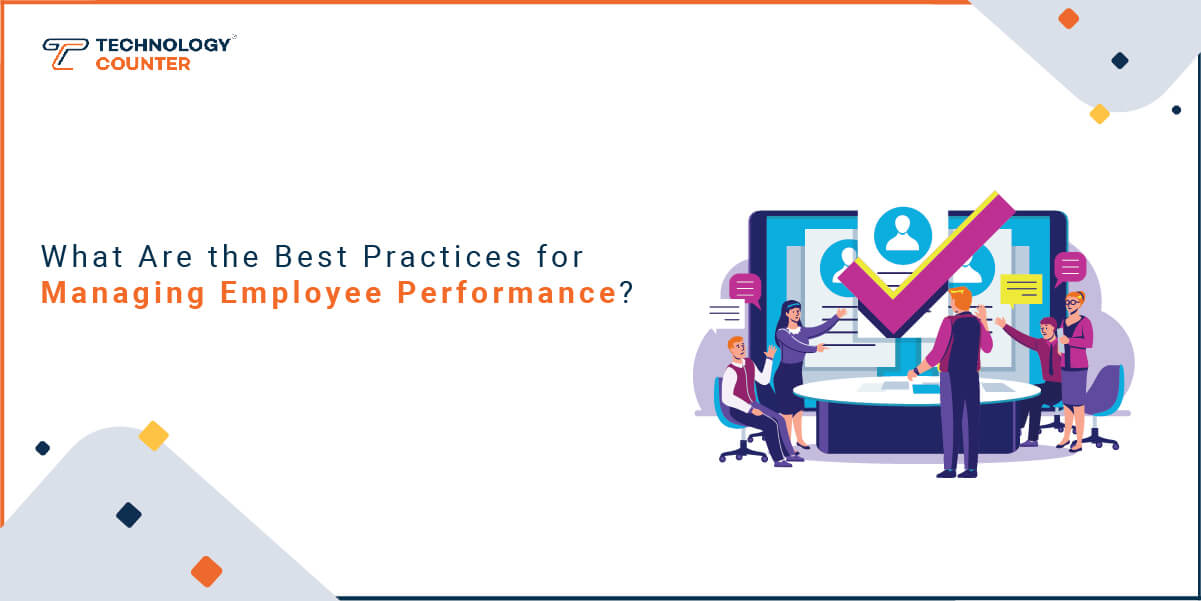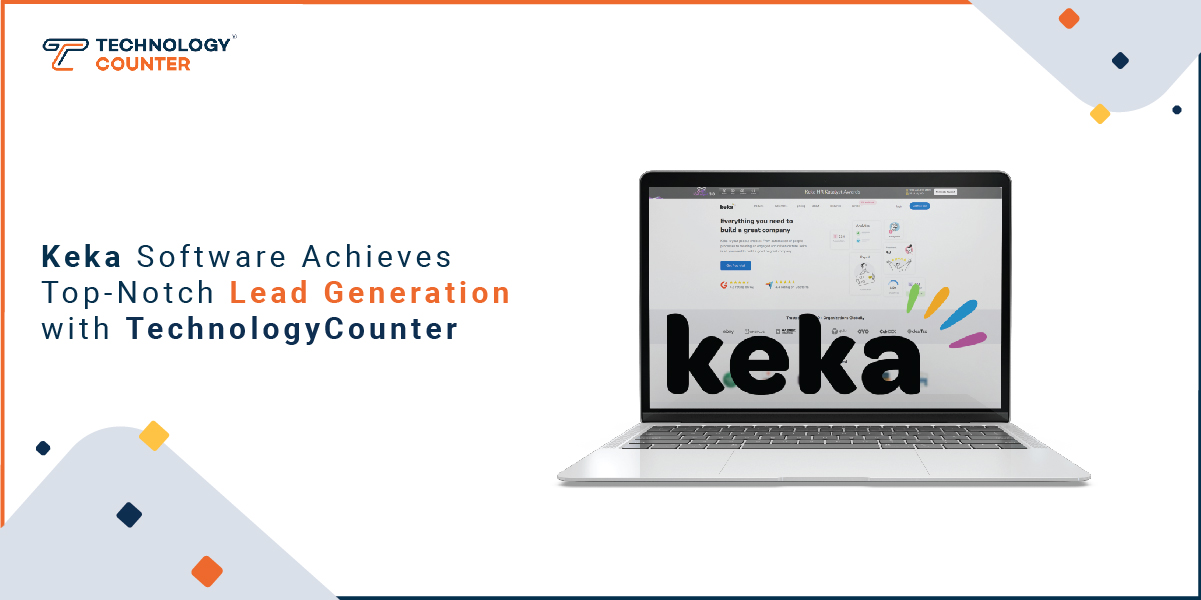Data is critical in decision-making, patient care, and administrative operations in today's fast-changing healthcare scene. As healthcare systems continue to generate massive amounts of data, effective data archival and management become critical. To address this challenging process, many health systems choose to cooperate with data archival companies.
However, for this partnership to be truly effective, coordination between a health data archival vendor and your health system must be improved. In this post, we will explore the top approaches to achieve just that.
Understanding Data Archival in Healthcare
The Importance of Data Archival
Data archival is the process of transferring data from primary storage to a long-term storage solution, preserving vital information while optimizing storage space. This is especially important in the healthcare sector, where patient records and medical data must be available for years to come.
Archiving effectively protects against data loss and ensures compliance with data retention rules.
Challenges in Health System Data Management
Managing healthcare data is a difficult task. It is fraught with difficulties such as data security, data integrity, and scalability. Health systems must address these issues while also ensuring that data is always available to healthcare practitioners when they need it. Collaboration with a data archival vendor may be the answer to these problems.
Also read: Top Ways to Optimize Your Healthcare RCM in 2024
Selecting the Right Data Archival Vendor
Research and Evaluation
Begin by selecting the best data archival vendor to facilitate collaboration. Extensive investigation and review are required to verify that the vendor chosen meets the specific needs of your health system. Consider their experience, reputation, and ability to create scalable solutions.
Compatibility with Health System Needs
A collaborative engagement begins with a vendor who understands your health system's unique needs including considerations such as patient data access, ethical e-waste recycling, and remote/in-house care provider data. The provider you choose should be able to adjust their services to your changing needs and infrastructure.
Building a Collaborative Relationship
Effective Communication
A successful partnership is built on clear and open communication. Make sure both sides have open lines of communication, regular meetings, and outlets for problem resolution. Open communication can help to avoid misunderstandings and foster a good connection.
Transparency and Trust
Collaboration requires transparency and trust. Both sides should be open about their goals, obstacles, and expectations. When trust is created, teamwork improves and problem-solving becomes easier.
Shared Goals and Objectives
Align your objectives with those of the data archiving provider. Collaboration develops when both parties are striving for the same goals. When goals are aligned, the collaboration becomes more productive and mutually beneficial.
Streamlining Data Archival Processes
Data Migration and Integration
Data migration and integration must be done efficiently. Strategies for seamless data transfers and medical data integration into the archival system should be part of a collaborative effort. This guarantees that data is easily accessible and helpful.
Compliance and Security Measures
Compliance with healthcare data rules and stringent security measures are unavoidable. Continuous monitoring and adaptation should be part of the collaboration to maintain data security and compliance.
Measuring and Improving Collaboration
Key Performance Indicators (KPIs)
Establish explicit Key Performance Indicators (KPIs) to assess the efficacy of collaboration. Data retrieval times, data integrity, and cost efficiency are all examples of KPIs. Assess these indicators regularly to find opportunities for improvement.
Feedback Loops
Create feedback methods to ensure continuous progress. Encourage input from both your health system and the data archival vendor. This feedback can be used to improve processes and collaboration.
You can learn more about Healthcare by reading our comprehensive guide on Health Care Software.
Conclusion
Collaboration between your health system and a data archival vendor can result in more efficient data management, lower costs, and better patient care. You may improve the success of your relationship by selecting the right vendor, encouraging efficient communication, and optimizing data archival processes.
Collaboration can become a cornerstone of your health system's data management strategy if you commit to transparency, trust, and shared goals.
Frequently asked questions and answers
Q1. How do I choose the right data archival vendor for my health system?
Choosing the correct vendor entails conducting extensive research and evaluating their experience, reputation, and flexibility to the needs of your health system.
Q2. Why is effective communication crucial in collaboration?
Effective communication ensures that both parties' expectations are understood, decreasing misunderstandings and boosting problem-solving.
Q3. What are some key performance indicators for measuring collaboration effectiveness?
Data retrieval times, data integrity, and cost efficiency are all examples of Key Performance Indicators (KPIs).
Q4. How can I ensure compliance and security in data archival collaboration?
Continuous monitoring and adaptation to fulfill healthcare data standards and security requirements should be part of the collaboration.
Q5. What are the benefits of collaborating with a data archival vendor for healthcare data management?
The advantages include more efficient data administration, financial savings, and improved patient care due to easy access to critical data.








Post your comment